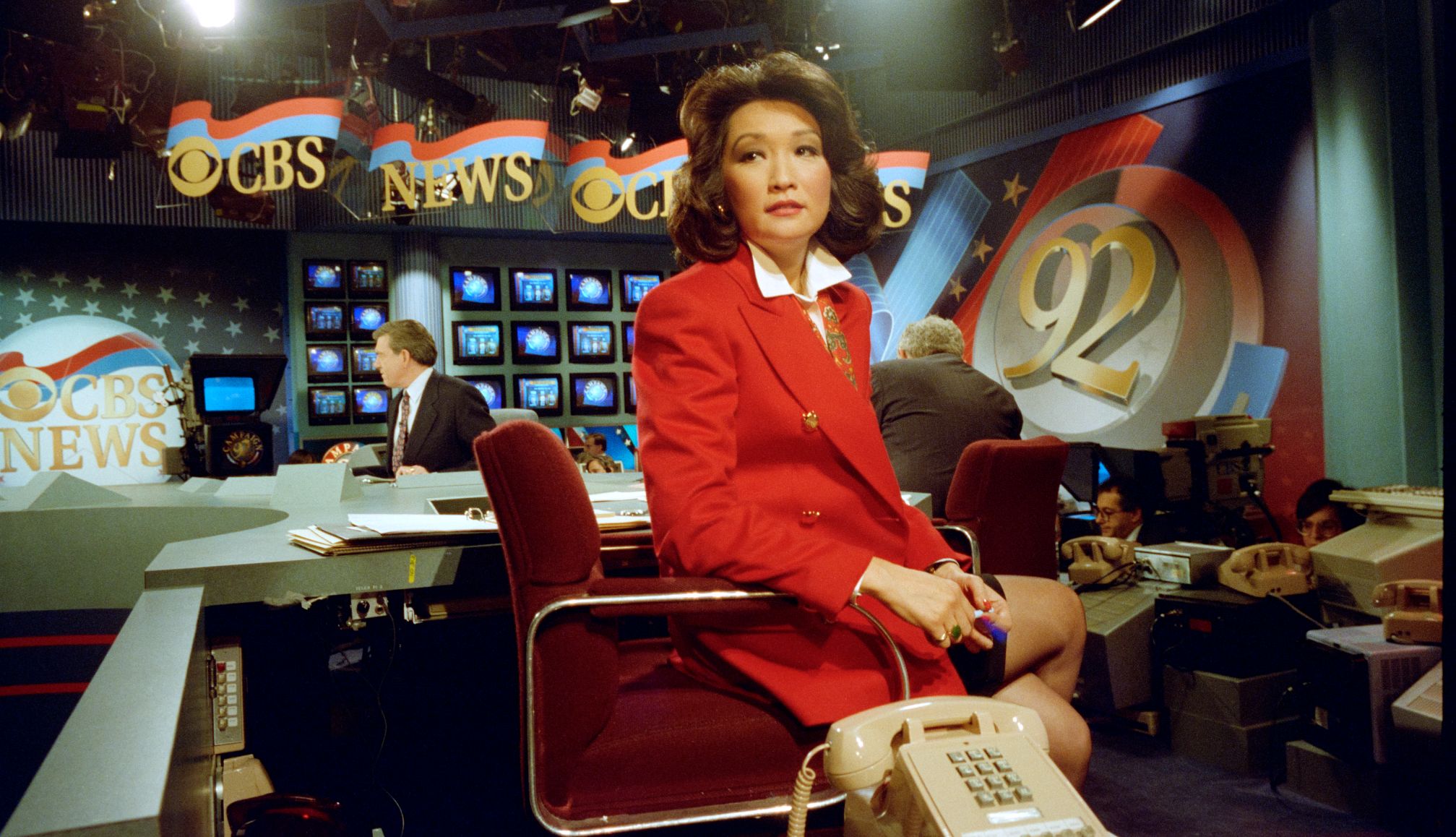
- Select a language for the TTS:
- UK English Female
- UK English Male
- US English Female
- US English Male
- Australian Female
- Australian Male
- Language selected: (auto detect) - EN
Play all audios:
Billionaire Galleon Group hedge fund co-founder Raj Rajaratnam departs Manhattan Federal Court during his trial March 23, 2011, in New York City. Getty Images Two years ago Raj Rajaratnam
received the longest-sentence ever handed down for violating insider trading laws. Suddenly, people are worried that he's been treated too kindly—all because of the complaint of an
unnamed source in the same prison. The impetus for the renewed attention on Rajaratnam was a column in Tuesday's _New York Post_ by John Crudele reporting that Rajaratnam, the former
hedge fund manager convicted of insider trading in 2011, is "kickin' it big in the Big House—with a personal 'manservant' at his beck and call." "He's
reigning like a king," a prison insider tells Crudele. I spoke to a source who has visited Raj in jail. He described this as "rubbish." Rajaratnam's "reign"
includes living on the top floor of the hospital ward of the Federal Medical Center in Devens, Massachusetts. This means that Rajaratnam has access to a private toilet, an outdoor balcony,
televisions and adjustable beds. All of Devens is a medical facility, but the top floor of the hospital ward is allegedly especially desirable. The "manservant" is actually a
prison employee whose job it is to assist the residents of the ward. Rajaratnam is in fact very sick. He suffers from Type II diabetes, which a former Federal Bureau of Prisons assistant
director described to the court that sentenced Raj as being "under poor control." The official, who was asked to report to the court on Raj's health by Raj's lawyers,
said that the diabetes had damaged his nerves, eyes and kidneys, and resulted in chronic anemia. His doctors say he needs a kidney transplant. In 2007, Raj suffered an inexplicable stroke.
Crudele's source describes Rajaratnam's condition as being like a "common cold." The sentencing judge and prison officials obviously disagree. Is it possible that
Rajaratnam is receiving "special treatment?" Of course. Perhaps prison officials and employees are treating Rajaratnam better, hoping that when his sentence expires a decade from
now he'll somehow reward them (Crudele says the 'manservant' hopes to be Rajaratnam's driver after his release). But we're hardly justified in jumping to that
conclusion based on the word of a single, unnamed prison insider who spoke to Crudele. Crudele's column is garnering a lot of attention. It evokes memories of "Club Fed"—the
notion that white-collar criminals tended to receive light sentences in facilities that were more like country clubs than prisons. Those stories were always exaggerated. No one ever played
golf at a federal prison, although the now-closed Elgin Federal Prison Camp did have tennis courts. But even at Elgin, the original Club Fed, prisoners were required to work for 8 hours a
day and sleep in a dormitory surrounded by fellow convicts. It is true that in the past white collar criminals were unlikely to receive long prison sentences. In the 1980s, white collar
crime poster boys Ivan Boesky and Michael Milken each received less than three years. But those days are long gone. Following the accounting scandals of the early oughts, Congress passed
laws significantly increasing federal penalties on white collar crimes. Judges and the Justice Department also got tougher. Bernard Ebbers, former chief executive of WorldCom, was sentenced
to 25 years in prison for a massive accounting fraud. Jeff Skilling, the former Enron executive, received a sentence of more than 24 years for his role in Enron's collapse (which was
later reduced to 14 years). White collar criminals, particularly those unfortunate enough to garner significant public attention, now face long, hard time behind bars. (Read more: White
Collar 'Country Club' Prisons? Not So Much) Luke Mullins extensively described the new reality for white collar criminals in a long article for _The American_ in 2007 titled
"Enter a 'Hellish Place.'" "As the Bureau of Prisons has worked to establish parity between the rules at prison camps and higher-security facilities, legislators
have lengthened the sentences of white collar offenders. Between 1997 and 2005, the average white collar sentence has increased 24 percent, while the average sentence for a drug offense has
risen 2 percent," Mullins explained. It's not clear that this is progress. The driving force behind these changes were not rooted in empirical evidence. They were the result of
politics and public outrage largely tied to stock market losses. "The process was driven not by data that showed that current sentences were, for example, failing to deter, but by
entities in the system—judges on the Judicial Conference's criminal law committee, the Probation Office, and the DOJ—who all favored higher sentences," public defenders Carlton
Gunn and Myra Sun argued in a 2011 article for the American Bar Association's Human Rights Magazine. To be sure, there is little evidence that long sentences for white collar criminals
actually produces much of a deterrent effect. "The corporate workers who are considering establishing shells to inflate the profit of their corporation would just as easily be deterred
knowing that they could receive 10 years in prison as to receive 25. Where general and specific deterrence may have an effect when the robber decides whether to be armed or not in committing
the robbery, the SHAME in the community is by far the harshest punishment felt by the white collar offender. That shame is felt irrespective of whether the sentence is 10 years or 25
years," Ellen Podgor, Stetson law school's Gary R. Trombley Family White-Collar Crime Research Professor and Professor of Law, has written. Podgor points out that most white collar
criminals are forever incapacitated from recidivism by the mere act of conviction. This is surely true when it comes to Rajaratnam. There's no way he is ever going to be in the
position to trade on insider information ever again. His criminal career is permanently over regardless of how long he serves in jail. Criminal justice is also supposed to include an element
of proportionality, the idea that the punishment should fit the crime. Insider trading is illegal but it is also very nearly a victimless crime. The long sentences that we've seen over
the past decade for white collar criminals have arguably gone over to the side of excess. "The most obvious comparison for the emerging attitude toward white collar criminals is the
harsh punishment we give to people involved in the drug trade. But both represent increasingly irrational and inhumane levels of punishment," Jonathan Simon, a professor of law at the
University of California, Berkeley, told the New York Times back in 2005. Simon's comparison of drug crimes with white collar crimes is helpful because it explains one of the reasons
that the treatment of the latter has grown so much harsher in recent years. Before sentences were extended and prison conditions made harsher, there was a clear disparity between the way
different classes of criminal were treated. This resulted in unseemly racial, economic, and social disparities in sentencing, among other problems. Camp Elgin was, for example, 66 percent
white—which is far from a proportional representation of the broader prison population. These disparities were considered by lawmakers, the federal judiciary, and many legal professionals as
a serious human rights problem. Harsher sentences for white collar criminals has certainly helped narrow those disparities. But there's no reason why the ratchet should not have gone
the other way: reducing the sentences for non-violent crimes that aren't considered white collar. Indeed, that article in the American Bar Association's Human Rights Magazine
argued that the disparity had been closed "in the wrong way." "There is an obvious alternative remedy for the disparity between sentences for white collar crime and sentences
for blue collar crime. That is the reduction of sentences for blue collar crime, or even a partial reduction for those sentences and a partial increase in white collar crime sentences,"
Gunn and Sun argued. The complaint that Rajaratnam is getting "special treatment" is a version of this same dynamic. It's driven not by evidence, but by anger over a
perceived disparity and a strong dose of class warfare (Crudele describes Rajaratnam as a "billionaire baby.") A fear that a rich guy is somehow getting away with it. Rajartnam, of
course, is not getting away with anything. He's an unhealthy man serving the longest sentence ever handed down for insider trading. If he serves his full sentence, he will be 65 when
he emerges from prison. Could we make him suffer more? Undoubtedly. Fortunately, our criminal law system isn't yet aimed at maximizing the suffering of those we convict. _—By
CNBC's John Carney. __Follow me on Twitter @Carney._








